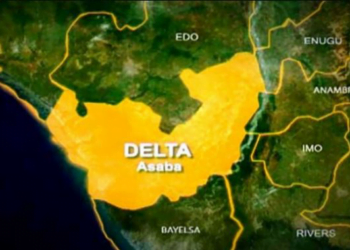Chairman of the Nigeria National Polioplus Committee of Rotary International, Dr. Tunji Funsho, said the organisation has spent $2.2billion to eradicate wild poliovirus.
He said about $298m was committed to anti-polio campaign and vaccination in 15 years in Nigeria.
He also said about $17billion was spent by nations and global community on Polio eradication.
He made the disclosures while speaking with reporters on WPV-free certification by the Africa Regional Certification Commission (ARCC) on Tuesday.
Nigeria has been certified polio-free by the World Health Organisation (WHO).
Funsho said more needed to be done on routine immunisation, as a handful of states had been under-performing in this respect.
He said: “I, the National Polioplus Committee, and all the Rotarians in Nigeria who have been working in tandem feel a deep sense of accomplishment and relief.”
“At the same time, we must remind ourselves that we have not reached the bus stop in our wild poliovirus eradication; it is just a comma. We are looking forward to a time when we can actually say that the job is done and no child is paralyzed by the wild poliovirus.
“When we’re talking about funding, we have surpassed our deadline of the year 2000; we have gone another 20 years and that has its attendant costs which has increased the cost of this effort to almost $19billion and still counting because we have not eradicated polio from the world.
“Rotary has spent at least $2.2bn out of the $17bn on polio eradication worldwide. In Nigeria alone, in the last 15 years, we have expended about $298 million on the programme and we expect that we will still need some funds.
“Our work is not done yet because we still need to kick polio out of Nigeria. In order to do that, we still need to continue immunizing children. Immunisation will only stop at the point in time that the World Health Organisation (WHO) certifies the world polio-free.
“When will this happen? We hope that soon. Our challenge has been in Afghanistan and Pakistan, and the transmission is mostly around the borders of those two countries.”
He spoke on how insurgency affected immunisation for two years in Borno state.
He added, “The insurgency in the North, in Borno State in particular, prevented us from reaching children below the age of 5 for about 2 years. It was not too surprising that when those areas were liberated, we found children with the virus; they had been living in areas where the people had wild poliovirus and had been circulating.”




